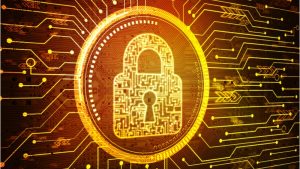The Federal Communications Commission (FCC) announced a new round of funding for the Emergency Connectivity Program (ECP).
The Massachusetts Department of Higher Education (DHE) will use $1 million in grant funding to launch the Digital Textbook and Materials Pilot program at seven colleges across the commonwealth.
The National Telecommunications and Information Administration (NTIA) said on March 1 that it is seeking input on how to structure $2.7 billion in broadband grant programs to “ensure everyone in America has the digital skills and devices they need to realize the full potential of high-speed internet access.”
The National Telecommunications and Information Administration (NTIA) administrator said today that the Federal government’s recent historic investment in broadband is this generation’s one chance to connect everyone in the country.
With the rise of ChatGPT and other AI-driven writing services, educators now have a new tool to detect plagiarism.
The Environmental Protection Agency (EPA) released a new memo today that calls on states to bolster their cybersecurity practices in order to mitigate the risk of cyberattacks and protect U.S. public drinking water.
The city of Scranton, Pa., is looking to purchase a mobile app to provide mental health services for first responders.
House Republicans introduced legislation on Feb. 24 that aims to help recover billions of dollars of unemployment insurance (UI) benefits estimated to have been stolen by fraudsters during the pandemic.
Arlington County, Va., announced that it is expanding its online permitting system – Permit Arlington – to include Certificate of Occupancy applications and inspections.
Last September, Boulder County, Colo., fell victim to a phishing scam to the tune of nearly $238,000, but just recently, the county announced that it was able to recover the stolen money.












